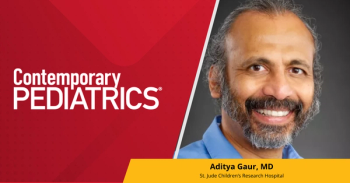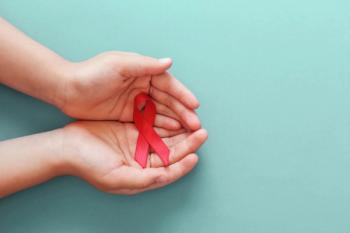
A look at RSV this season
Steven Selbst, MD, pediatric emergency medicine physician at Nemours Children's Health, discusses the surge of RSV cases and hospitalizations this season.
In this exclusive video interview, Steven Selbst, MD, pediatric emergency medicine physician at Nemours Children's Health, outlined how there has been an unprecedented number of pediatric respiratory syncytial virus (RSV) cases this season, and how hospitals have managed the overflow of patients.
"I've been around for many seasons of RSV, but this is probably the worst that we've had in terms of the number of cases and severity of the cases," Selbst said. According to Selbst, doctors are seeing a surge in RSV nationwide.
There is no definitive reason behind the surge of RSV, but 1 theory Selbst discussed was that children socially distancing and wearing masks during the COVID-19 pandemic caused their immune systems to no longer be primed. This led to older kids being infected with RSV and bringing the virus home, spreading it to younger kids.
The RSV season also began earlier, starting in the fall when it often begins in the winter. Selbst said this could also be related to precautions taken during the pandemic.
The surge in RSV has led to an increase in discussions about an RSV vaccine. While an RSV vaccine isn't expected to be ready this season, it is likely that there will be RSV vaccines available next season to protect children. Selbst has heard of many vaccines in development, including 1 which has been approved in Europe.
As RSV appears yearly, Selbst was confident that pediatricians know how to manage the virus. However, he encouraged pediatricians not to send patients to the emergency department (ED) in mild cases. EDs are overwhelmed nationwide, and there is no special treatment they can provide to babies and young kids present with RSV.
Selbst recommended treating RSV in babies with nasal suctioning and monitoring. This can be accomplished at home, rather than in the ED. Antibiotics are also unnecessary for treatment.
In severe cases, such as labored breathing, increased respiratory rate, retractions, head bobbing, and grunting, babies should be sent to the ED. Dehydration and poor feeding can also send a baby to the ED. Lastly, young infants aged under 2 months should be hospitalized, as they often end up in the intensive care unit.
Influenza cases have also risen, and COVID-19 continues to spread. Selbst recommended preparing for rough fall and winter seasons.
Newsletter
Access practical, evidence-based guidance to support better care for our youngest patients. Join our email list for the latest clinical updates.






